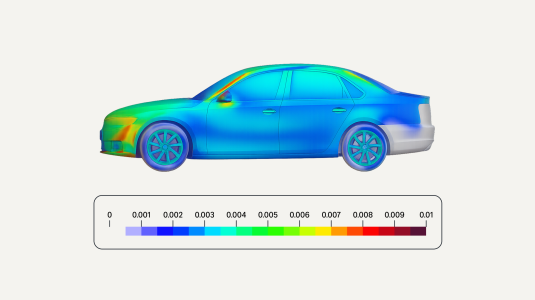Customer-obsessed science


Research areas
-
September 26, 2025To transform scientific domains, foundation models will require physical-constraint satisfaction, uncertainty quantification, and specialized forecasting techniques that overcome data scarcity while maintaining scientific rigor.
-
Featured news
-
WSDM 20242024Review of non-taxable products is an important internal audit which is carried out by majority of e-commerce stakeholders. This process usually cross checks the initial taxability assignments to avoid any unnecessary penalties incurred to the companies during the actual audits by the respective state compliance teams/tax departments. In order to handle millions of products sold online on e-commerce websites
-
TKDD 20242024This paper presents a comprehensive and practical guide for practitioners and end-users working with Large Language Models (LLMs) in their downstream natural language processing (NLP) tasks. We provide discussions and insights into the usage of LLMs from the perspectives of models, data, and downstream tasks. Firstly, we offer an introduction and brief summary of current language models. Then, we discuss
-
2024Applications of large-scale knowledge graphs in the e-commerce platforms can improve shopping experience for their customers. While existing e-commerce knowledge graphs (KGs) integrate a large volume of concepts or product attributes, they fail to discover user intentions, leaving the gap with how people think, behave, and interact with surrounding world. In this work, we present COSMO, a scalable system
-
2024State-of-the-art speech models may exhibit suboptimal performance in specific population subgroups. Detecting these challenging subgroups is crucial to enhance model robustness and fairness. Traditional methods for subgroup identification typically rely on demographic information such as age, gender, and origin. However, collecting such sensitive data at deployment time can be impractical or unfeasible
-
ECIR 20242024We investigate the integration of Large Language Models (LLMs) into query encoders to improve dense retrieval without increasing latency and cost, by circumventing the dependency on LLMs at inference time. SoftQE incorporates knowledge from LLMs by mapping embeddings of input queries to those of the LLM-expanded queries. While improvements over various strong baselines on in-domain MS-MARCO metrics are
Collaborations
View allWhether you're a faculty member or student, there are number of ways you can engage with Amazon.
View all














































